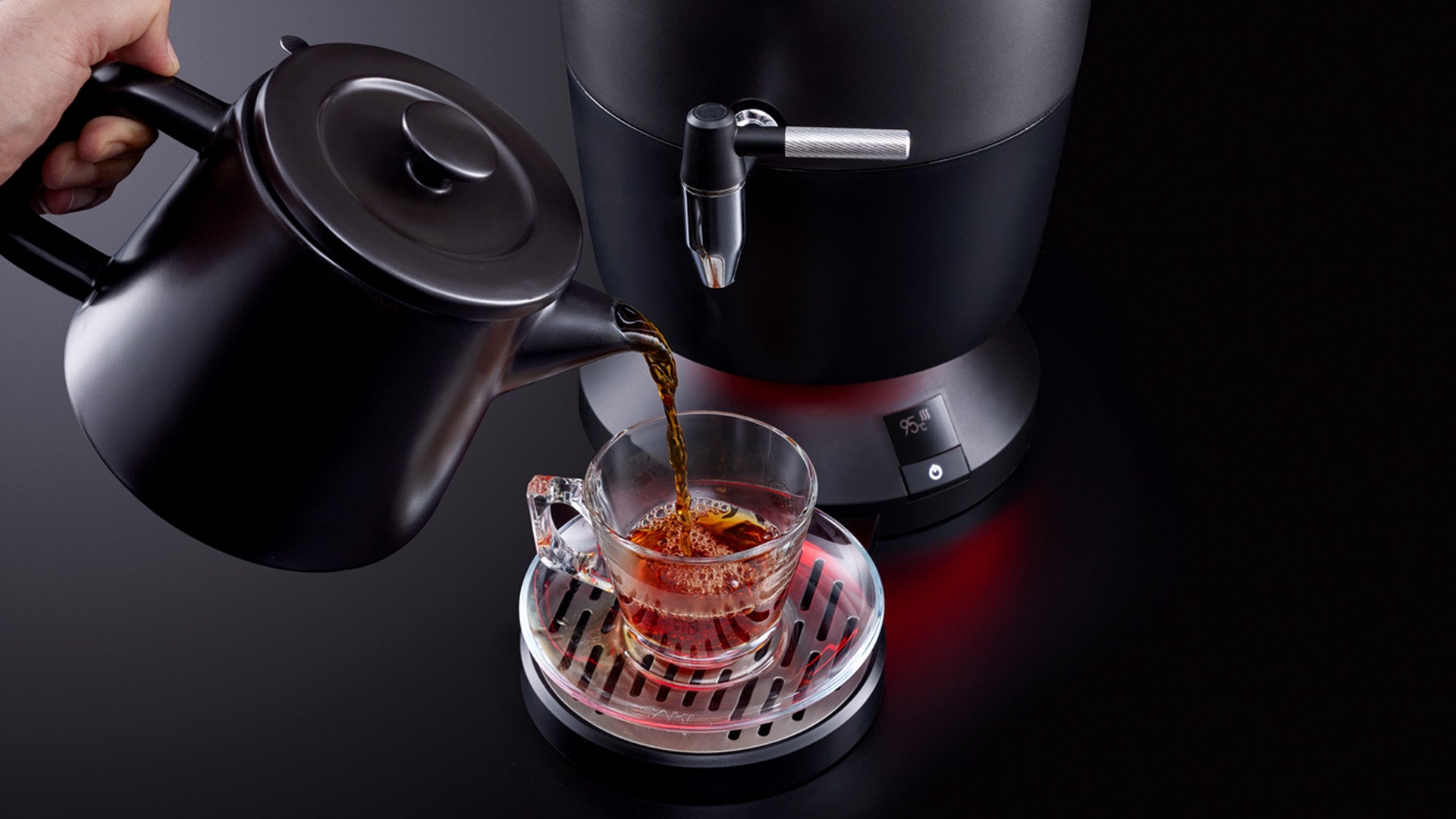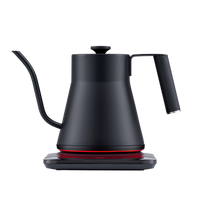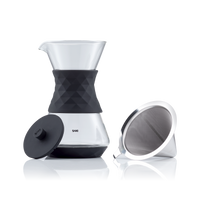the samovar in turkish culture: tradition & modernity

Summary: In Turkish culture, the samovar, a traditional tea-making vessel, has remained a symbol of hospitality for centuries. Originally introduced in the Ottoman Empire, the samovar's timeless charm endures. Nowadays, people use electric samovars like the SAKI Electric Samovar to combine tradition with modern convenience in their homes.
Introduction
Turkey is a land where traditions run deep, and yet, modern life thrives. One such cherished tradition is the use of samovars, which have held a special place in Turkish homes and authentic Turkish restaurants for generations. In this blog, we'll embark on a journey through the history, significance, and timeless allure of the samovar in Turkish culture. Additionally, we'll introduce you to the SAKI Electric Samovar, a delightful blend of tradition and convenience for modern kitchens.
The Heartwarming Ritual of Turkish Tea
Picture this scene: You've just enjoyed an authentic Turkish meal at a charming restaurant. Colorful Turkish carpets adorn the surroundings, and ornate lanterns cast a warm, inviting glow. Every detail represents Turkish hospitality.
As your meal concludes, a gleaming traditional samovar takes its place, filling the air with the comforting aroma of freshly brewed tea. Laughter and lively conversation continue, as you leisurely sip your tea, and you're surrounded by the warmth of friendly chats, making this experience truly unforgettable.
A Glimpse into History
The story of the samovar in Turkey goes back to the 17th century when it was introduced to the Ottoman Empire. The name "samovar" has Russian origins, meaning "self-boiler." Traditionally, these ornate metal containers were heated with burning coals, a method that demanded skill and patience. But today, we have the SAKI Electric Samovar, a contemporary take on this age-old tradition.
SAKI Electric Samovar: Tradition with a Modern Twist
While many Turkish families still hold dear their traditional samovars, the SAKI Electric Samovar presents a more straightforward way to keep this tradition alive. With its user-friendly design and rapid heating, it marries the charm of yesteryears with the practicality of modern living. It's a wonderful addition to any home.
Samovar and Turkish Hospitality
In Turkish culture, offering tea is more than just a beverage choice; it's an invitation to warmth and hospitality. When a samovar graces the table, it signals a call to share stories, connect with one another, and savor quality moments. The SAKI Electric Samovar simplifies this cherished tradition, ensuring your guests feel welcomed, even in today's fast-paced world.
A Symbol of Unity
Samovars have a remarkable ability to bring people together. As tea brews within, conversations flow, and bonds strengthen. In our hectic lives, the samovar serves as a gentle reminder to slow down, relish the present, and celebrate life's simple joys. It's a symbol of unity, reminding us of the significance of human connections.
Preserving Tradition in a Modern World
In Turkish culture, the samovar holds a unique place, bridging the gap between tradition and modernity. Whether you opt for a classic samovar or choose the ease of an electric samovar, the core values of togetherness and hospitality endure. So, welcome this timeless tradition into your home, brew a cup of Turkish tea, and cherish the moments that make life truly special.
Experience the beauty of Turkish tea-making with the SAKI Electric Samovar. Order now!
Common Questions and Answers
Q: What is a samovar, and how is it used in Turkish culture?
A: A samovar is a traditional metal vessel used in Turkish culture to prepare and serve tea. It typically consists of a large pot with a built-in heating element. Water is heated in this pot, and tea leaves are steeped in a smaller container on top. The tea is then diluted with hot water from the samovar to achieve the desired strength.
Q: What is the history behind the use of samovars in Turkey?
A: The use of samovars in Turkey dates back to the 17th century when they were introduced to the Ottoman Empire. Initially coming from Russia, samovars quickly became an integral part of Turkish culture. They were traditionally heated with burning coals, and over time, various designs and materials have been used to create these iconic tea-making vessels.
Q: Are samovars still commonly used in Turkish households today?
A: Yes, samovars continue to hold a special place in Turkish households. While some families prefer the traditional method of using coal-heated samovars, modern electric samovars like the SAKI Electric Samovar have gained popularity for their convenience. They are a practical way to continue the tradition of serving tea in a more time-efficient manner.
Q: How does the SAKI Electric Samovar blend tradition with modernity?
A: The SAKI Electric Samovar combines the classic charm of a traditional samovar with the modern convenience of electricity. It offers rapid heating and user-friendly controls, making it easier to brew and serve tea. This electric samovar allows households to uphold the cherished tradition of serving tea while adapting to contemporary lifestyles.
Q: What is the significance of offering tea in Turkish culture, and how does the samovar play a role in it?
A: Offering tea is a symbol of warmth and hospitality in Turkish culture. When a samovar is placed on the table, it signifies an invitation to connect, share stories, and spend quality time with loved ones. The samovar's presence enhances the experience by providing a continuous supply of hot tea, ensuring guests feel welcomed and valued.
Shop our selection of premium tea brewing equipment now!






